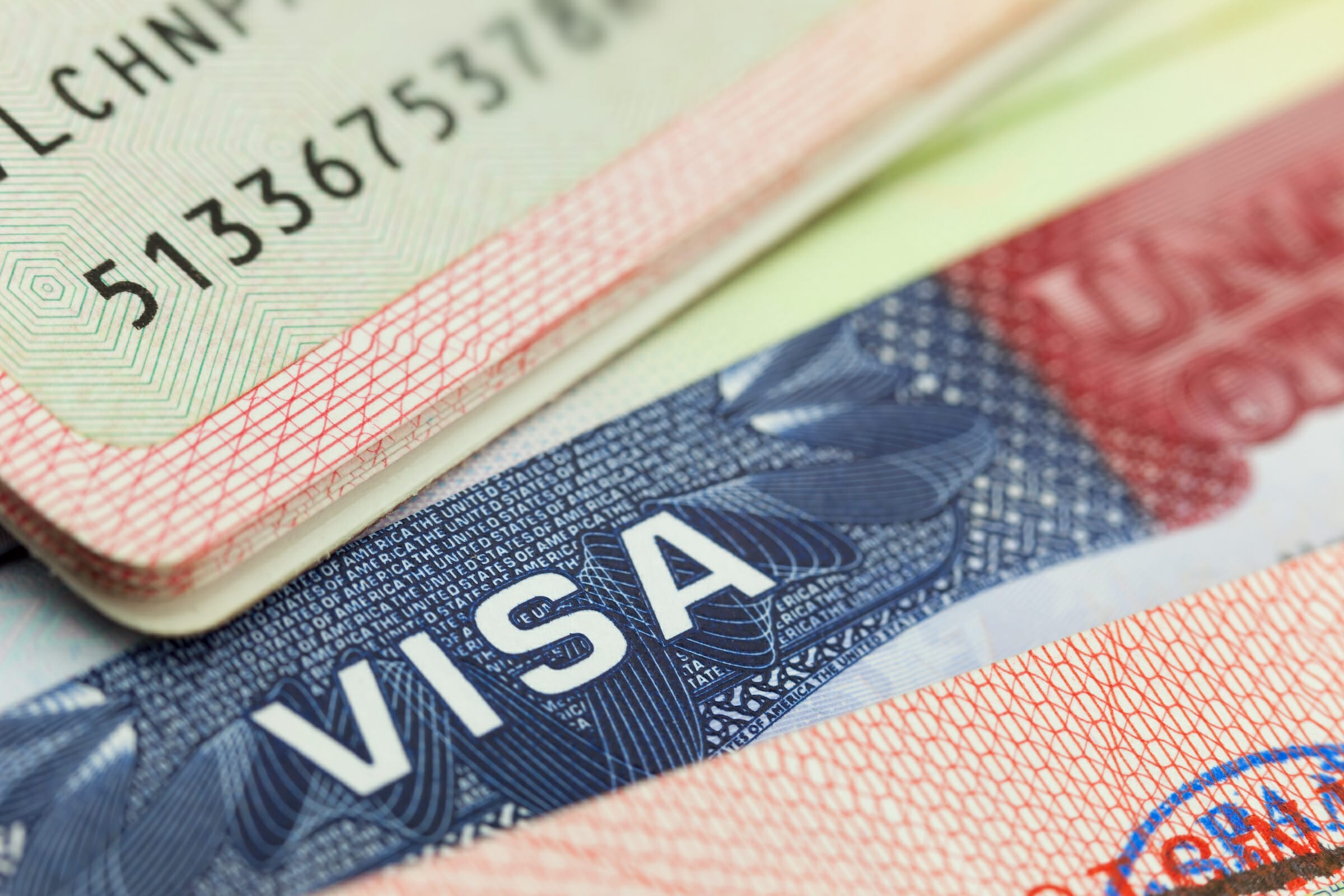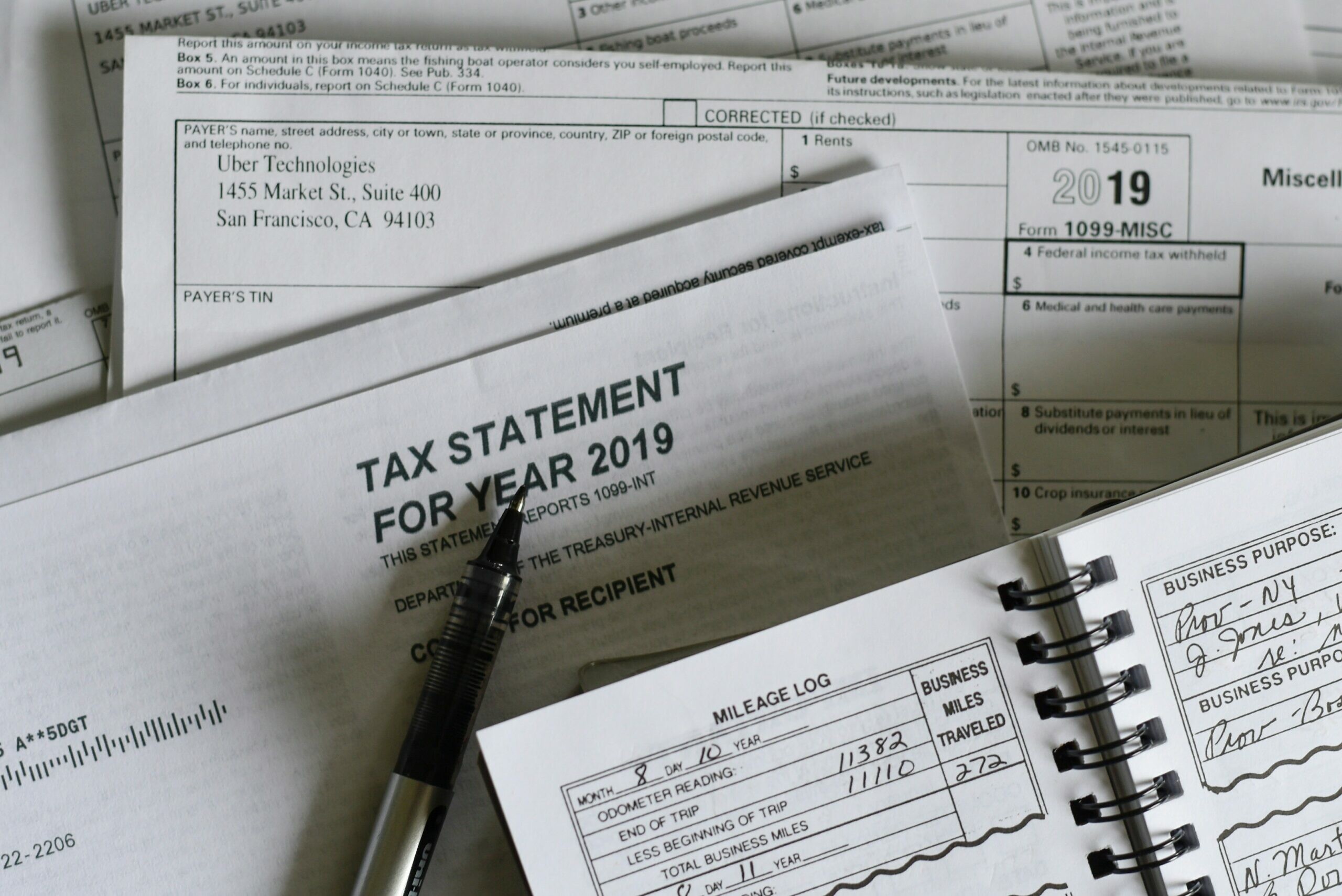The IP&IT Court plays a critical role in safeguarding intellectual property rights and resolving international trade disputes, contributing to Thailand’s innovation-driven economy and its global trade partnerships. This article explores the functions, structure and significance of this specialized court.
Unlike most WTO members, Thailand does not automatically grant re-export exemption in all AD and CVD investigations. This has implications for petitioners.
Litigation
Although litigation is a viable option in Thailand, the process can be lengthy and expensive. The burden of proof in criminal cases requires a high standard of proof beyond reasonable doubt, while civil disputes are determined on the balance of probabilities.
In cases involving class action lawsuits, courts have the discretion to certify a “class” which may include all consumers in Thailand or a smaller group of affected individuals and businesses. In such cases, class members must be compensated for their losses unless they specifically opt out of the class.
Additionally, litigants need to be mindful that Thai law prohibits the enforcement of judgments entered by foreign courts in their country. For this reason, foreign plaintiffs should consider incorporating arbitration clauses into their contract agreements to ensure that any potential disputes can be resolved outside of the court system.
Arbitration
As an alternative to litigation, arbitration offers parties the opportunity to settle their dispute in a private setting, where all information and evidences are confidential. This can be beneficial to renowned businesses as it protects their reputation and ensures that any sensitive information is kept from the public.
An award in an arbitration proceeding can be enforced in Thailand unless it is set aside. However, in order to set aside an award, there must be sufficient grounds to do so.
In some cases, it may be advisable to stipulate that disputes will be settled through arbitration at the time of drafting contracts. This allows parties to avoid the time, cost and hassle of a dispute settlement hearing before a Thai court. In addition, it can also be more expeditious for the parties to resolve a dispute through arbitration than through a trial in court. This is especially true for disputes involving business partners located in different countries.
Mediation
In cases that do not require a full confrontation with the opposing party, mediation is an option for out-of-court dispute resolution. While not as structured as arbitration, it is a more informal process during which the mediator oversees and facilitates communication between parties in order to reach an agreed upon resolution.
Increasingly, Thailand courts encourage mediation as the first step in resolving disputes. Our firm can accompany you through the process and help you reach an enforceable agreement in your case. It generally results in a higher compliance rate as opposed to a legal battle that often leads to appeals.
Noted for its domestic and international capability, Watson Farley & Williams (Thailand) Limited’s team is headed by Kong Suriyamontol, who handles energy disputes and projects, and by partners Ratthakarn Boonnua and Kay Kian Tan, who advise on power and transport mandates and contentious trade matters. The team is further boosted by partner Suraphon Rittipongchusit, who leads the banking and finance practice.
Alternative Dispute Resolution
Alternative dispute resolution involves processes that attempt to resolve disputes outside of the courtroom. These methods are usually more informal, less expensive and faster than litigation. They can also lead to more creative solutions and improved relationships between parties. A common ADR process is mediation.
A mediator assists disputing parties in reaching a mutually acceptable solution by facilitating a discussion and encouraging compromise. A mediator can be a lawyer, judge or retired public official.
In Thailand, mediation is promoted by the courts and can be either voluntary or ordered by a trial judge. A court-annexed mediation program is currently operated by the Thai Mediation Center (TMC), which aims to promote mediation practice in Thailand, strengthen awareness of amicable dispute resolution through mediation, and train and accredit mediators.
Out-of-court arbitration in Thailand is regulated by the Arbitration Act B.E. 2545 (2002), a comprehensive redrafting that combines key principles of the UNCITRAL Model Law on International Commercial Arbitration with Thai-specific additions. Arbitration agreements may be incorporated into contracts or separately drafted.






